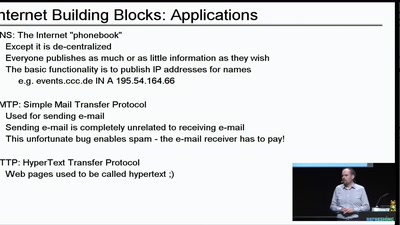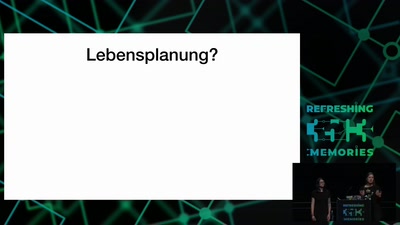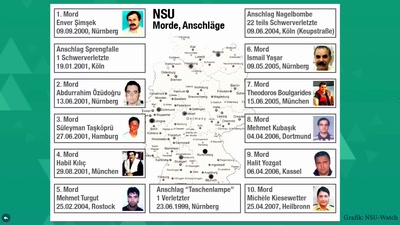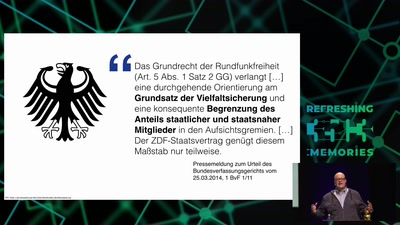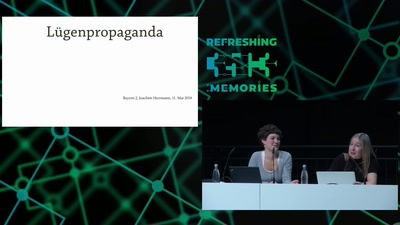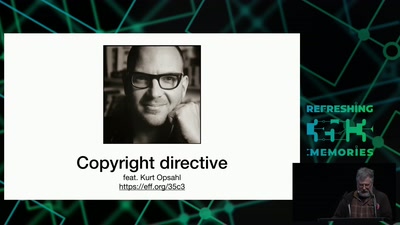The Chinese Social Credit System (SCS) has been discussed a lot in Western media. However, we do not know currently how the system that is supposed to take nationwide effect by 2020 will look like, as there are more than 70 pilot projects currently undertaken. These pilots rank from commercial royalty and rewards programs (Sesame Credit) to an Orwellian system, where each action has a predetermined associated score (Rongcheng). In-between, there’s nebulous algorithmic systems that basically act as a Black Box (Honesty Shanghai). This talk, therefore, looks at some of these pilots and their implementation details, and through an agent-based modeling framework, discusses the likely effects of different implementations. In doing so, it shows that most of the systems currently being tested are prone to manipulation by leaders from all levels of government, and that the ostensible goal of allocating scarce resources more efficiently is unlikely to be served by the new system(s).
The author, Antonia Hmaidi, is a PhD candidate in East Asian Economics with a focus on China. She presented a talk on the impact of internet censorship at the 33C3. This talk’s goal is to provide those interested with a technically-grounded understanding of “the” Chinese social credit system and its possible impact on Chinese society and economy. In doing so, it seeks to provide a more nuanced picture than is usually presented in either Chinese or Western media. Working on data science and machine learning in her free time allows the author to better understand the algorithms comprising “the” social credit system.
Download
Video
These files contain multiple languages.
This Talk was translated into multiple languages. The files available for download contain all languages as separate audio-tracks. Most desktop video players allow you to choose between them.
Please look for "audio tracks" in your desktop video player.

